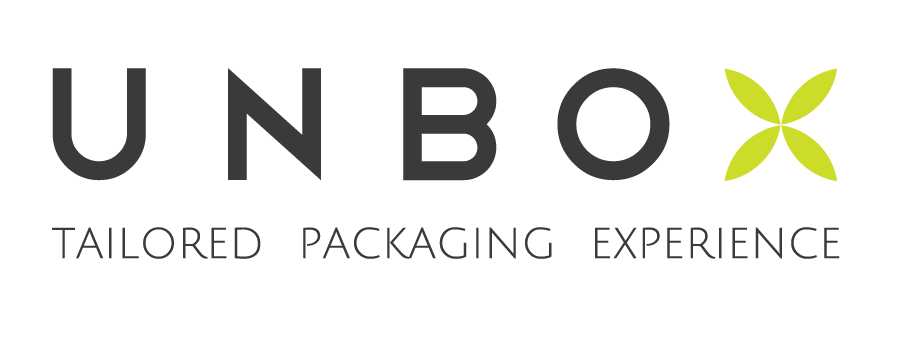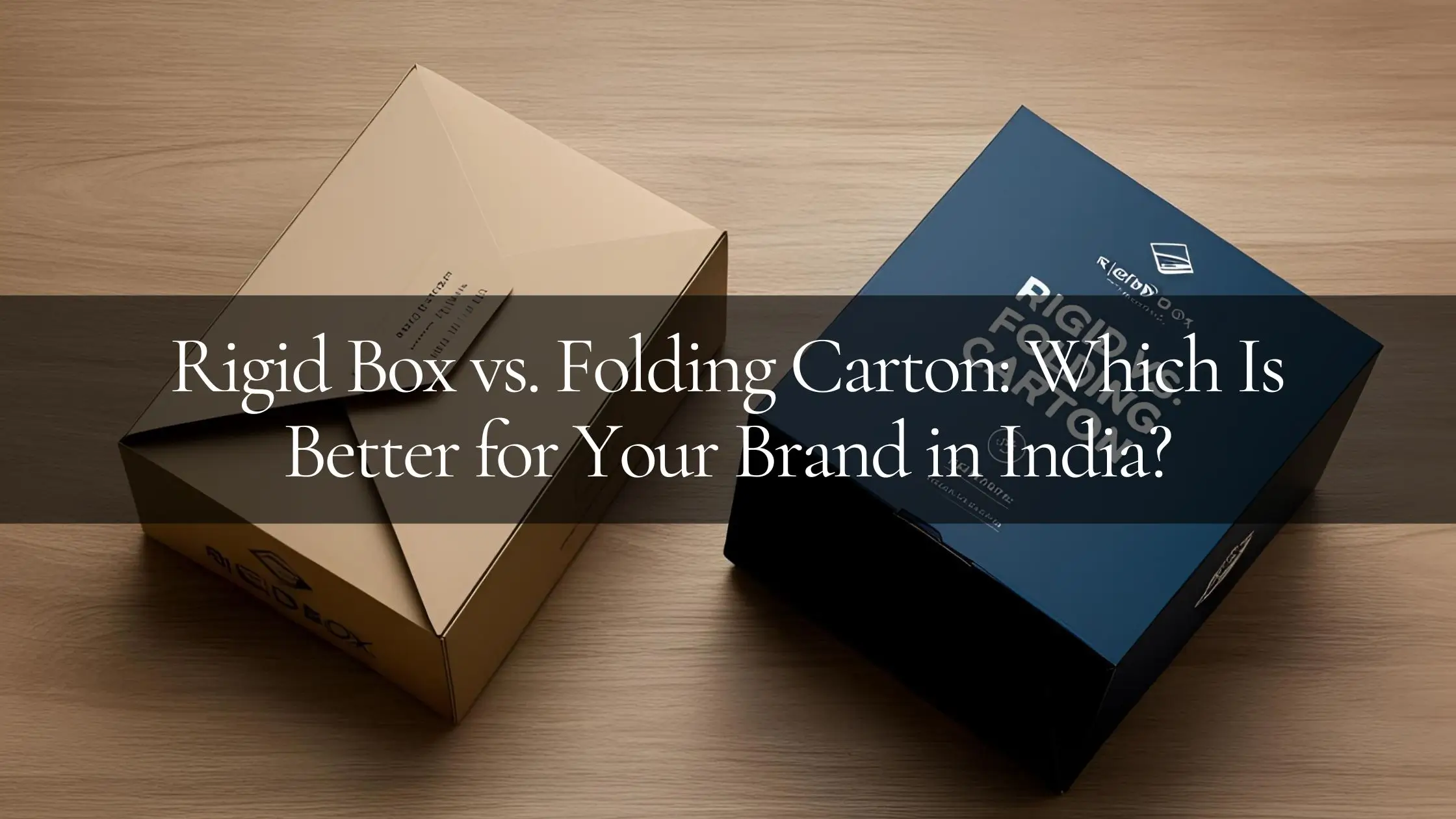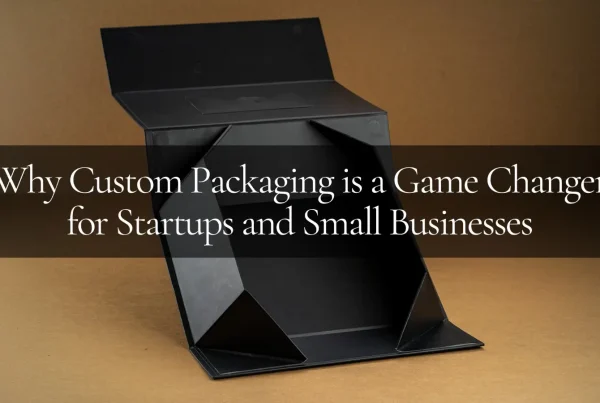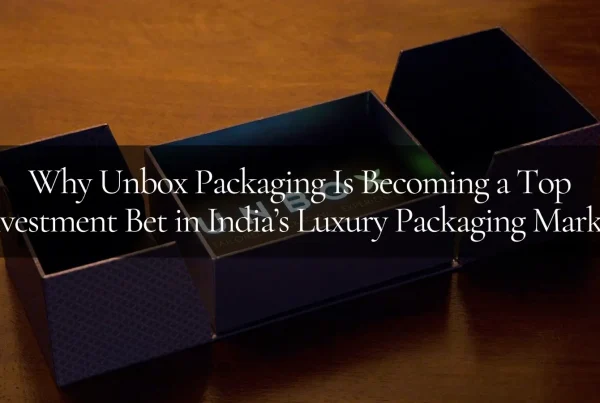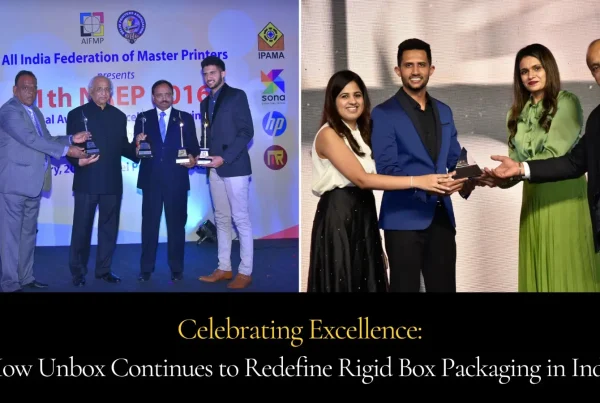In the world of product packaging, your box is more than just a container — it’s an extension of your brand. Especially in the Indian market, where aesthetics, durability, and user experience matter deeply, choosing the right packaging style can significantly shape your brand’s image. Among the most commonly compared options are the Rigid Box and the Folding Carton.
Each has its strengths, but which one truly aligns with your brand’s goals? Let’s explore the differences in depth and help you make an informed decision.
What is a Rigid Box?
A Rigid Box is a type of high-end packaging made using thick paperboard, typically 1.2 to 3 mm in thickness. Unlike folding cartons, rigid boxes do not collapse — they maintain their shape and structure, which makes them perfect for luxury and gift-ready products.
The rigid box is commonly used in packaging for:
- Jewellery and watches
- Smartphones and electronics
- Premium cosmetics
- Festive gift boxes
- Luxury apparel
- Gourmet food hampers
These boxes are often wrapped in decorative paper, fabric, or other materials to create a refined, polished appearance.
What is a Folding Carton?
On the other hand, a folding carton is made from thinner paperboard (generally below 0.8 mm), designed to be folded flat for easy storage and transport. Once assembled, it can still hold shape well but lacks the durability and sturdiness of a rigid box.
Folding cartons are widely used in:
- Fast-moving consumer goods (FMCG)
- Pharmaceuticals
- Small electronics
- Low to mid-range cosmetics
- Food packaging
They’re a cost-effective solution for brands that need volume, scalability, and functionality over luxury presentation.
Rigid Box vs. Folding Carton: A Comparative Breakdown
Let’s look at the key differences across various factors that matter to brands operating in India:
1. Brand Perception and Premium Feel
If your brand is targeting the luxury segment or if you want to create a high-end perception, rigid box packaging is the clear winner. The substantial feel, crisp edges, and firm build automatically elevate the perceived value of your product.
In contrast, folding cartons, though customizable and efficient, generally carry a more utilitarian look. For mass-market products, this may be acceptable — but if you’re looking to create a luxury unboxing experience, the rigid box stands tall.
2. Durability and Protection
Another major strength of the rigid box is its superior durability. Whether your product is delicate (like jewellery or glass bottles) or requires a premium presentation (like a magnetic closure box), rigid boxes offer unmatched structural integrity.
Folding cartons, while durable for light-weight items, can be susceptible to dents, bends, and tears — especially during transit. If product safety is a key concern, rigid box packaging offers added peace of mind.
3. Customization Options
Both rigid boxes and folding cartons offer excellent scope for customization — but rigid boxes allow for more complex and luxurious design features. You can add elements like:
- Embossing or debossing
- Foil stamping
- Spot UV or matte/gloss finishes
- Magnetic or ribbon closures
- Multi-compartment inlays
- Fabric lining or textured paper
Folding cartons can also be printed and finished attractively, but are limited by their structural flexibility and material strength.
4. Storage, Shipping, and Cost
This is where folding cartons have a definite edge. Because they’re shipped flat, they save significant space and reduce shipping costs — making them ideal for high-volume product lines and businesses with limited storage capacity.
Rigid boxes, due to their non-collapsible nature, take up more space and cost more to ship. However, many brands see this as a worthwhile trade-off for the premium image they offer.
5. Sustainability Considerations
With growing awareness around eco-friendly practices in India, both rigid boxes and folding cartons are now available in recyclable or biodegradable materials. However, folding cartons usually have a smaller carbon footprint due to their lighter weight and easier recyclability.
That said, rigid boxes crafted by eco-conscious manufacturers like UnBoxIt can also be sustainable — made with recycled board and paper, soy-based inks, and minimal plastic use.
Why the Indian Market is Shifting Toward Rigid Box Packaging
In India, the consumer mindset is undergoing a major shift. Packaging is no longer just a means to deliver a product — it’s a statement. Aesthetic packaging has become a major differentiator in sectors like gifting, fashion, beauty, and tech.
As festivals, weddings, and gifting seasons continue to drive sales, rigid box packaging has become synonymous with celebration, luxury, and thoughtfulness. It enhances the unboxing experience, encourages reuse, and supports brand recall — especially in metropolitan cities and premium retail spaces.
Choosing the Right Box for Your Brand
So, how do you decide whether to go for a rigid box or a folding carton? Here’s a quick guide:
Opt for a Rigid Box if:
- Your product is high-value or gift-worthy
- You want a luxurious, premium look and feel
- Durability and product protection are top priorities
- Your audience expects a high-end unboxing experience
- You want to enhance perceived value and brand prestige
Opt for a Folding Carton if:
- You need economical, scalable packaging
- Your product is lightweight or sold in bulk
- Storage and shipping costs are a concern
- You need fast turnaround and large print volumes
- Sustainability and minimalism are key brand values
How UnBoxIt Helps You Make the Right Packaging Choice
At UnBoxIt, we understand that every brand has a unique story — and packaging plays a powerful role in telling it. Whether you’re launching a luxury hamper or an everyday essential, we help you choose between a rigid box and a folding carton based on your goals, audience, and budget.
Our team combines design expertise with manufacturing precision to craft packaging solutions that are practical, aesthetic, and aligned with your brand’s identity. From custom magnetic closures to flat-packed folding boxes, we deliver quality and innovation at every step.
Final Thoughts
Choosing between a rigid box and a folding carton isn’t just a matter of cost or convenience — it’s a strategic decision that influences brand perception, customer experience, and long-term loyalty. As Indian consumers become more design-conscious and brand-aware, your packaging must speak volumes before your product even gets used.
With UnBoxIt by your side, you can make packaging a powerful tool — not just for protection, but for connection.
